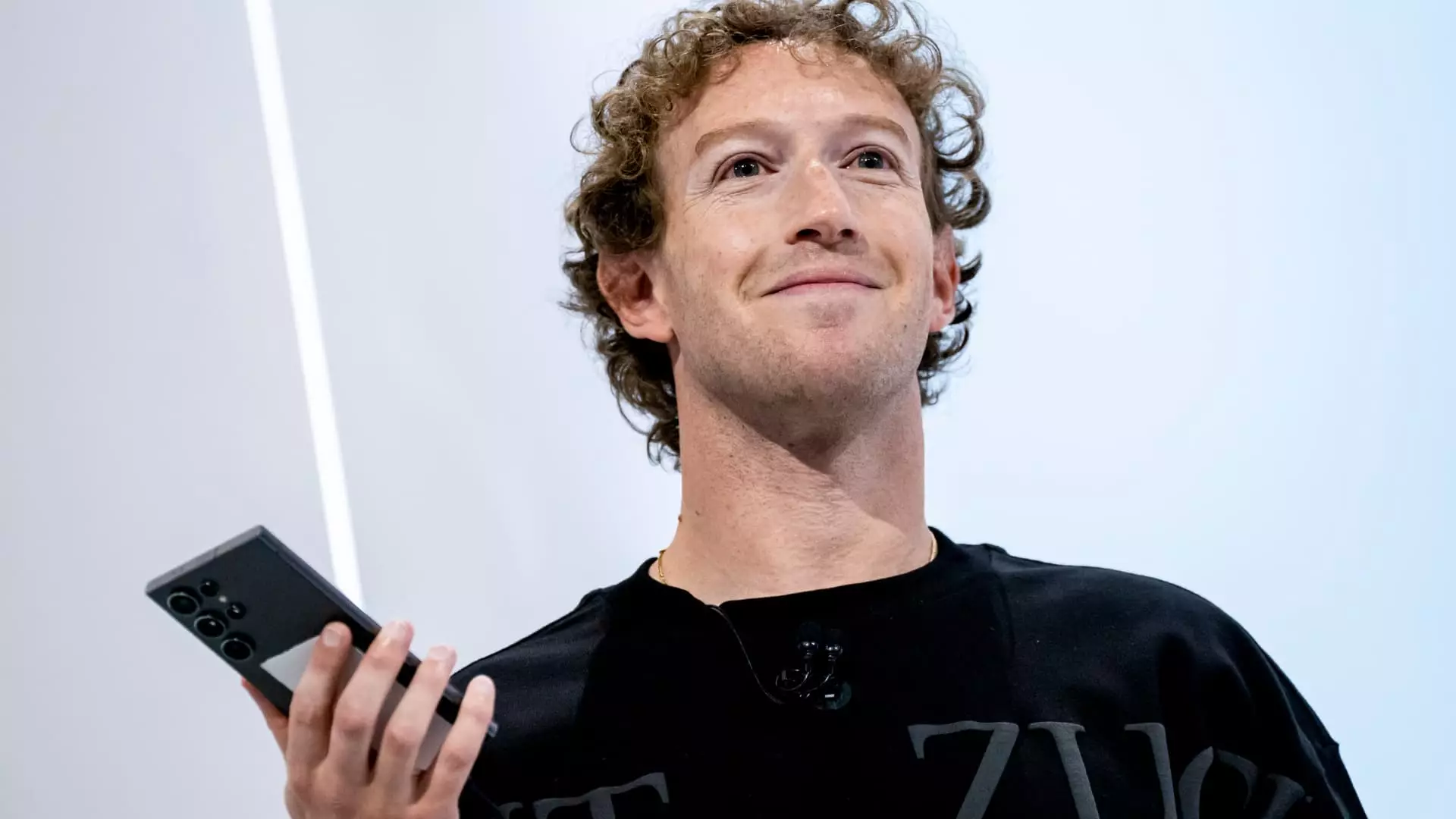The conversation surrounding vaccine discourse has become increasingly polarized, particularly within the context of social media platforms and their responsibilities in managing health-related information. Recently, Mark Zuckerberg, the CEO of Meta Platforms, Inc., participated in a podcast with Joe Rogan, where he made controversial claims about the influences exerted by the Biden administration on his company regarding content related to the Covid-19 vaccines. This article delves into the implications of Zuckerberg’s assertions, the broader context of social media’s role in public health communication, and the evolving landscape of fact-checking.
During the lengthy podcast session, Zuckerberg painted a picture of a tech giant wrestling with the pressures of governmental expectations. He asserted that the Biden administration actively sought to censor discussions that mentioned potential side effects associated with Covid-19 vaccines. This revealing statement invites scrutiny into the question of where the line lies between public health promotion and suppression of legitimate discourse. Zuckerberg’s admission that Meta had, at times, acquiesced to these requests raises concerns about the integrity of information that citizens access on widely used platforms.
Zuckerberg acknowledged his general support for vaccines but criticized how the administration approached the promotion of vaccination. He indicated that there was “super hard” pressure from the government to remove any content suggesting that vaccines might carry risks. This conversation suggests that rather than fostering an environment of open dialogue, significant governmental influence could lead to a culture of fear around discussing legitimate health concerns, which is problematic in the context of a democratic society that values free speech.
In response to these challenges, Meta recently chose to overhaul its fact-checking approach. The company announced it will shift away from traditional third-party fact-checkers and instead employ a community-driven model known as “community notes.” This decision aligns Meta more closely with another notable social media platform, X, where controversial figures frequently challenge the mainstream narrative. This new approach raises significant questions about accountability and truth in the realms of public health information.
President Biden himself criticized this shift during a press conference, labeling it “shameful” that a billionaire could circumvent fact-checking mechanisms. These statements highlight the tensions between technology companies and governmental oversight regarding misinformation, particularly in a climate characterized by distrust and division over health matters. This situation paints a complex picture where social media becomes both a vessel for critical information and a potential breeding ground for misinformation.
A Journey Towards Transparency
Zuckerberg’s comments reflect an evolving narrative regarding corporate responsibility and transparency. He indicated regret over specific decisions made by Meta in response to prior governmental pressure. This acknowledgment adds a layer of complexity to the conversation about how platforms must navigate the balance between promoting vaccines—deemed essential for public health—and maintaining an environment where citizens can engage in open discussions.
Furthermore, Zuckerberg’s critique of the U.S. government’s stance on regulating its technology sector underscores a sentiment shared by many in the industry. By referencing the heavy fines levied by the European Union against tech companies, he illustrates a broader concern about the protection of American innovation and the potential for overreach by regulators. His optimism towards the previous administration’s approach raises critical questions about the direction of U.S. policy going forward.
The interplay between social media platforms and government policy concerning health discourse is more critical now than ever. As dialogues surrounding vaccinations grow increasingly contentious, the role of platforms like Meta will be scrutinized. Moving forward, it becomes paramount that these entities foster an environment that encourages not only the promotion of public health initiatives but also allows for the exploration and discussion of legitimate concerns about these initiatives.
The challenge lies in ensuring that while critical information is shared, users are not confined to echo chambers that dismiss valid inquiries. A more transparent and responsible approach to handling sensitive health information can lead to a more informed public, which is essential in navigating the intricate landscape of modern health challenges. Ultimately, as conversations continue to unfold, stakeholders must prioritize trust, integrity, and openness in public health discourse.

